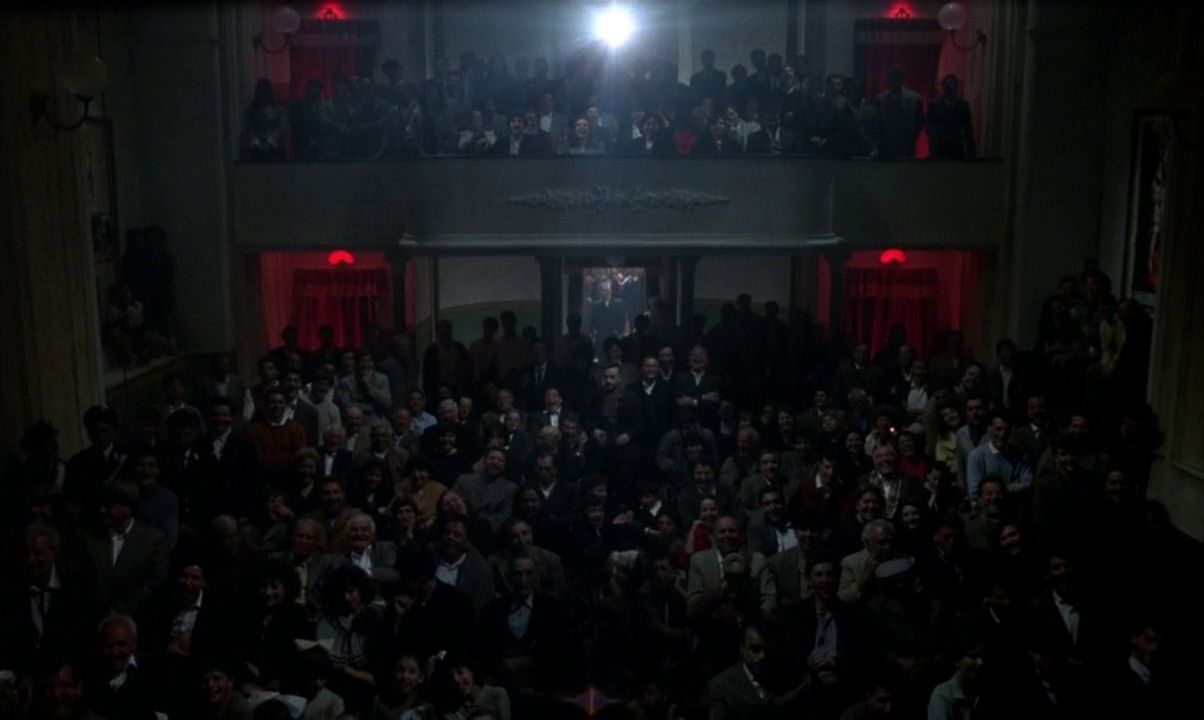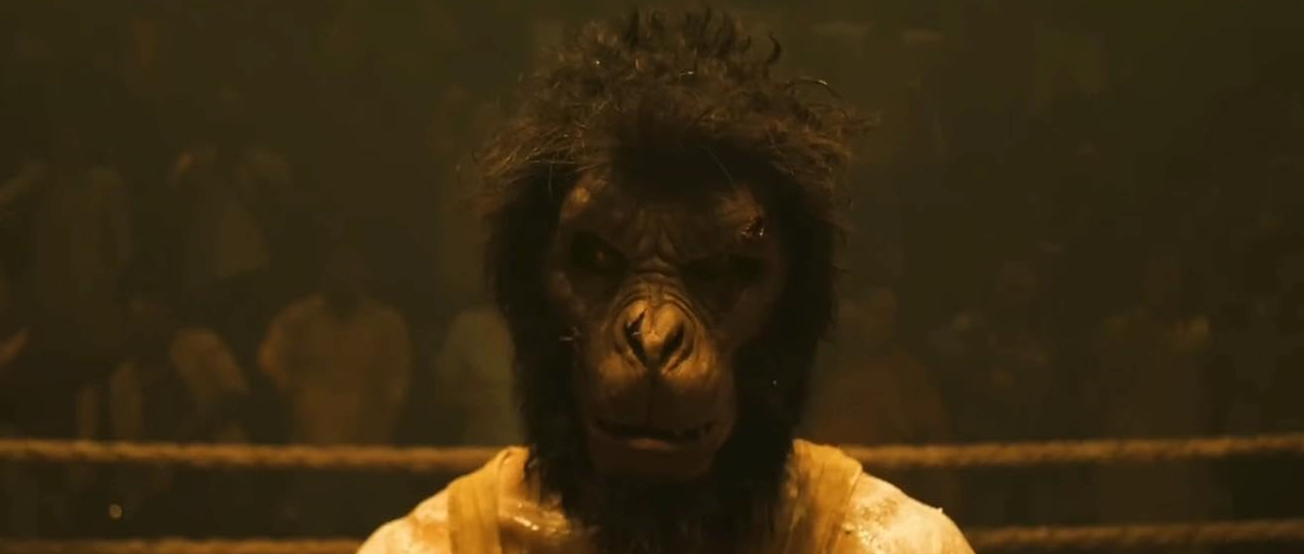By Aline Downey, Second Year English
Going to the cinema, especially an independent one, isn't just about watching a film. These places provide a sense of community for all of us, something we'll need more than ever when we can leave our houses again.
Even before the COVID-19 crisis hit the UK, we watched the majority of our content at home and, in the age of streaming, it was easy to assume that independent cinemas were becoming a thing of the past. But in the Before Times, indie theatres were having a moment.

‘Boutique’ chains Picturehouse, Curzon and Everyman were rapidly expanding – in fact, the latter and had opened 14 new locations between 2018 and 2019. Meanwhile, Bristol’s Watershed was recently given a refurbishment grant of £500,000 by the West of England Local Enterprise Partnership.
| A Guide to Bristol's Best Cinemas
Of course, this moment has been abruptly halted by the national lockdown. Every cinema has closed its doors, and not all of them will be able to reopen them in the future. Writing for the Financial Times, Anna Nicolaou describes how “executives fear the crisis will affect the way consumers behave even after cinemas reopen, with people hesitant to return to crowded movie theatres. Closures are expected.” Local, financially independent arthouse cinemas will be worst hit.
While the independent economy has been seriously destabilised, the Streaming Service Industrial Complex has boomed. In the first three months of 2020, Netflix gained 15.8 million new subscribers. People need something to watch in the endless Groundhog Day cycle of quarantine, and Netflix is custom-built for whiling away your time.
Today marks four weeks since we closed.
— Watershed (@wshed) April 14, 2020
We want to say a huge thank you for the kindness and generosity we've been shown. All the emails, tweets, messages and comments have meant the world to us - we share them all with the team and we feel the love.https://t.co/HNqsIZHo4x pic.twitter.com/QUqQKIYp0T
Watching films on streaming platforms isn’t somehow ‘wrong’. If anything, lockdown has shown us just how valuable remote access to film and TV is, and we shouldn’t ignore the fact that these services allow disabled and housebound people to access content that they might not otherwise see. But the current crisis has also highlighted our need for real-life interaction and discussion, and the value of interpersonally engaging with the arts.
Local, financially independent arthouse cinemas will be worst hit.
The independent cinema helped combat the increasingly isolated way we interact with film because it provided easy access to communal artistic engagement. Small single-venue establishments were able to involve their local communities by hosting talks, workshops and festivals. Watershed frequently ran events like Feminista Film Festival Shorts, a celebration of international female filmmakers, and New Voices: Short Programme, which showcased Black British talent. Both events included an informal discussion hour.
| Reasons to volunteer at an arts festival
The Depot, a small non-for-profit in Lewes that opened in 2017, recently ran a screening of The True History of the Kelly Gang hosted by the cast, and with ‘Depot Young Programmers’, younger film enthusiasts could organise screenings of their favourite movies.
Due to the Coronavirus we have made the decision to close our doors for an initial two week period. We will keep reviewing and keep you updated. Below is the email we sent to all 16599 members. We are working on how to bring The Cube to you at home... watch this space! pic.twitter.com/TeLGLbqUZN
— The Cube Microplex (@CUBECINEMA) March 14, 2020
When businesses begin to reopen, these places need to be championed and protected. They facilitate conversation, they promote a broad range of new voices, and they are ethically managed. Chain independents are more likely to whether the storm because they’re often owned by larger corporations; Cineworld owns Picturehouse, and was criticised when it pre-emptively sacked its employees in March in order to save money during the shutdown. Single-venue cinemas are more community-minded and more affordable, and simply put, they are more interesting places.
The independent cinema helped combat the increasingly isolated way we interact with film because it provided easy access to communal artistic engagement
Streaming is all well and good, but I think many of us miss sitting in a crowded cinema, chatting about films in the foyer, going to small festivals and seeing filmmakers share their process. Filmmaking is collaborative, and the best kind of film-watching is, too. Here’s to hoping we don’t lose that in the future.
Featured image: IMDb / Columbia PicturesWhich cinema are you going to visit as soon as it's safe to re-open?








